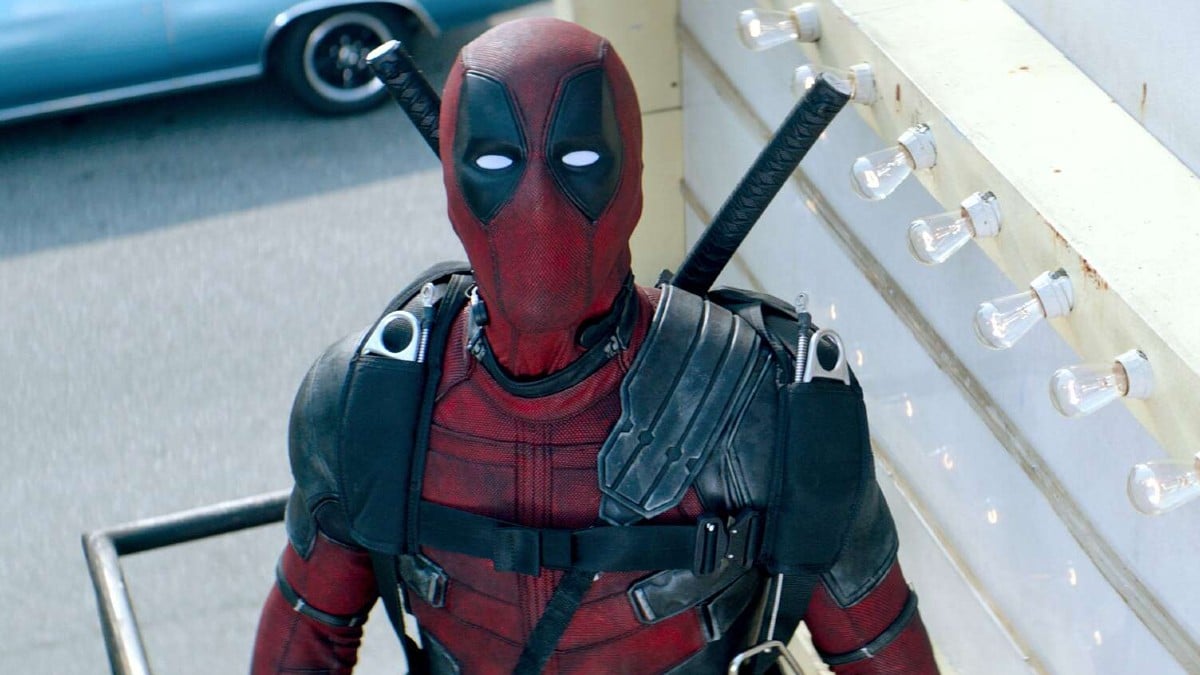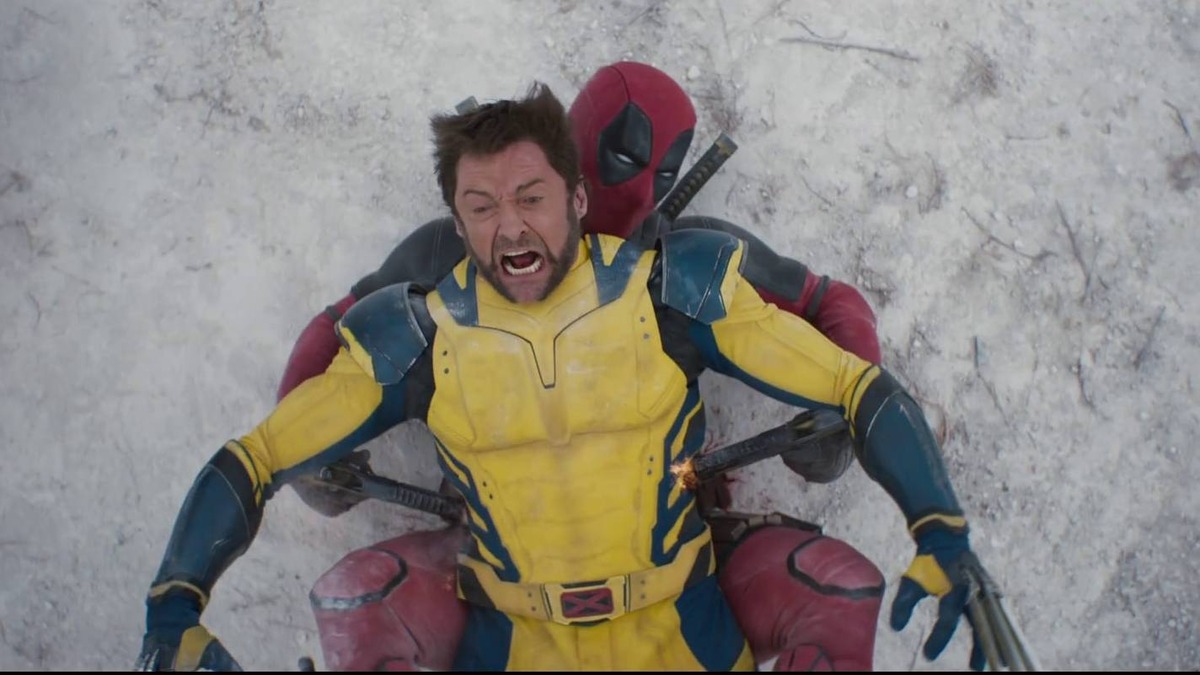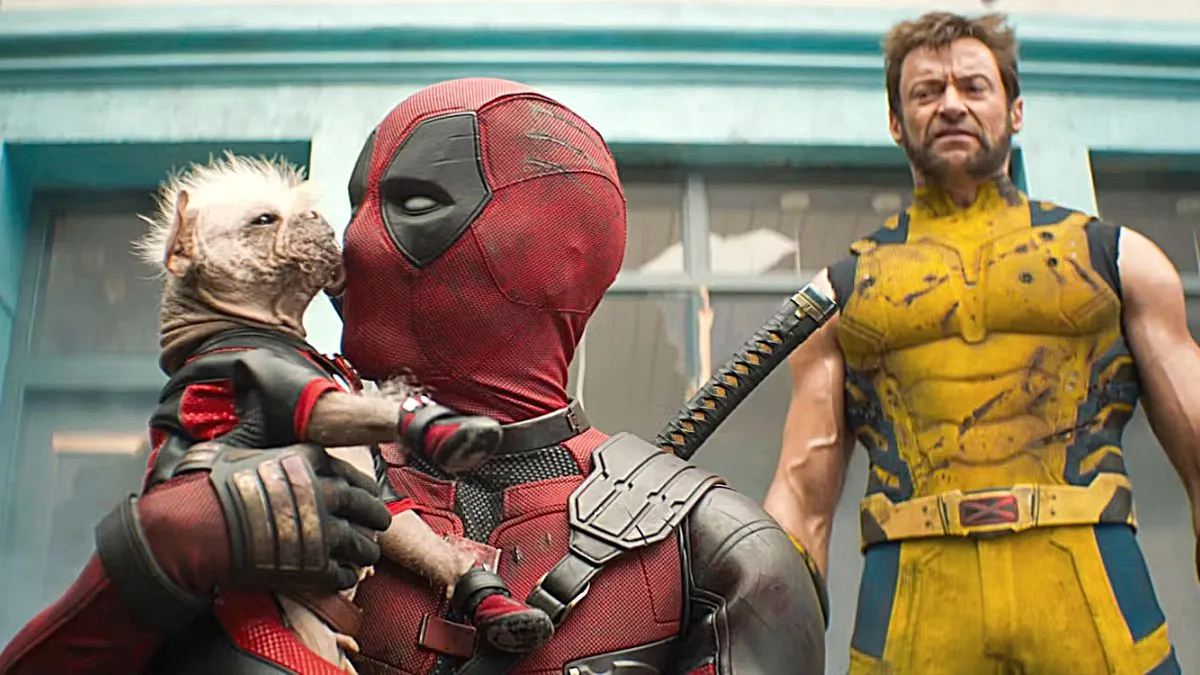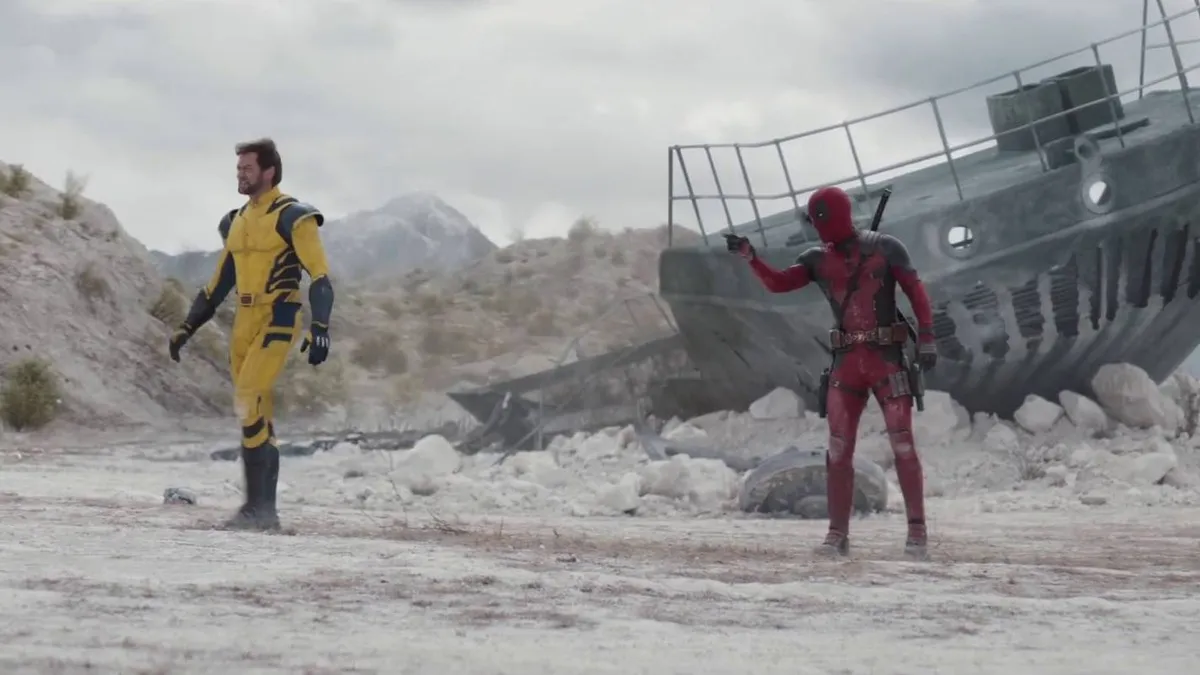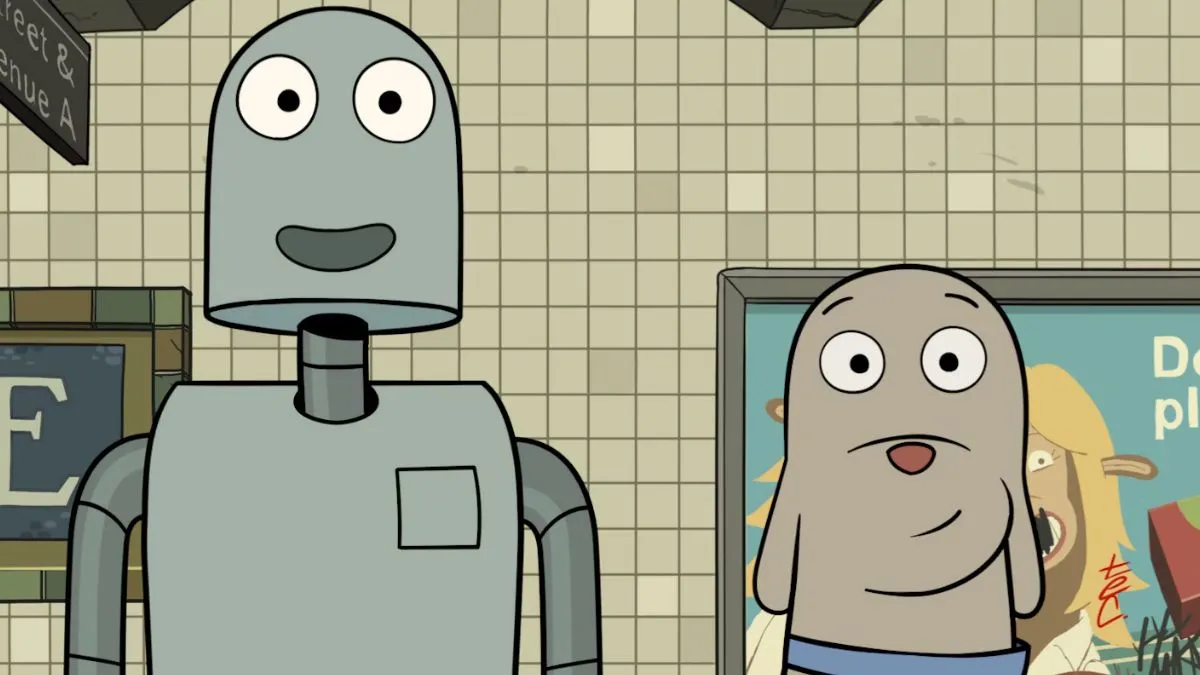“Life is a comedy written by a sadistic comedy writer,” – that line may be a little on the nose, but it’s self-referential dialogue like this that firmly reminds you of what it’s like to watch a Woody Allen picture.
Café Society marks Allen’s 14th film at Cannes and his third time opening the prestigious festival – making him the first director in history to accomplish a trifecta of opening movies. He’s beat out the likes of Ridley Scott and Baz Luhrmann to that crown. This doesn’t really come as a shock, though. Allen has become practically synonymous with the festival. You can’t walk through the surrounding areas of the Croisette without seeing his face proudly displayed on bus stops or restaurant windows – the man is simply beloved in France, so it’s no wonder he keeps coming back.
This back-to-back follow-up to last year’s comic-romance Irrational Man is of a similar tone but instead of sharp dark humor, Café Society opts for a more hopeless romantic narrative, albeit one that doesn’t feel as alert or developed as its predecessor.
The film begins in 1930s Los Angeles, making for a speedy introduction to the luscious cinematography of Vittorio Storaro, whose warm palette helps capture the spirit of the Golden Age of Hollywood. A young Jewish New Yorker named Bobby Dorfman (Jesse Eisenberg) arrives in Tinseltown with hopes of finding a job within the film industry via his big shot agent Uncle Phil (Steve Carell). (One can immediately draw the parallels to Allen and his own experiences, especially once the director lends his voice to the part of narrator).
Phil allows Bobby to work odd jobs for him, but Bobby’s real lessons about the industry end up coming from observing his assistant Vonnie (Kristen Stewart). During a leisurely drive through Beverly Hills, Bobby falls for the charms of the former wannabe-actress, only to learn she is already romantically involved with an older man who turns out to be Phil.
This is where the film really becomes marinated in the typical Allen glaze. Several of his movies use the trope of a younger woman getting involved with an older man as well as a hazardous love-triangle providing a catalyst for some awkward comedy. What’s impressive in this title is that Allen manages to make you feel sympathetic for Phil, who is presented as seriously conflicted man trying to determine the right course of action. Bobby’s pseudo-philosopher brother-in-law says, “You fall in love, you don’t choose” – there’s no quantifiable way of explaining love and the chokehold it can have on us. Allen strongly presents the themes of mistimed love and how we reflect on past relationships with a melancholy view.
Eisenberg is once again in his element here as a neurotic but well-meaning leading man. If there were a biopic about a young Woody Allen, then the actor would be perfect for the role. The dialogue he delivers would typically sound like brown-nosing spiel but he manages to ground it in sincerity, which makes it all the more humorous when his uncle confides in him over his marital issues.
Café Society marks the third time Eisenberg and Stewart have shared the screen together– they were last seen in the audacious stoner-comedy American Ultra. It’s clear that these two actors enjoy working together, but they sadly don’t have the same palpable chemistry as say regular collaborators Bradley Cooper and Jennifer Lawrence. Where there should a sizzling sensation of blossoming romance, it feels more like the characters are merely going through the motions.

Stewart gives a coyly down-to-earth performance, but a pivotal restaurant scene which sets up the main dilemma of the love-triangle fails to elucidate where Vonnie’s motives lie. Her character is confused by Phil’s revelation that he will leave his wife for her, but her reaction never becomes readable. Does she want the man because she’s in love with him? Or does she have an alternative agenda? The film presents these questions yet the pending results don’t match up.
She also claims that she prefers being “life-sized,” but as the story fast-forwards into the future, we see her succumb to the “Café Society” lifestyle. She becomes the name-dropping, nightclubbing and catty-gossiping socialite she once used to mock with Bobby. As Bobby laments, “It would be funny if it wasn’t so sad.”
There are also scenes which feel misplaced within the film. Anna Camp drops in for an unnecessary scene playing a novice hooker called Candy whom Bobby orders just because his mobster brother Ben (Corey Stoll) told him to. While the scene does provide a few laughable moments, it really doesn’t do anything to help propel the story along or establish Bobby’s character- it simply feels out of place.
Blake Lively also feels massively underused as the rebound love interest of Bobby, who also shares the same name as Vonnie – except she goes by Veronica. It’s these kind of discrepancies in the script that keep Café Society from reaching the acclaimed Allen status of the 70’s and the 80’s.
It’s in the closing, bittersweet moments of Café Society where Allen really shines though. In a glamorous New Year’s shot, he manages to capture that transformation of boy-to-man with Bobby and how the ghosts of our former lovers continue to haunt us.












